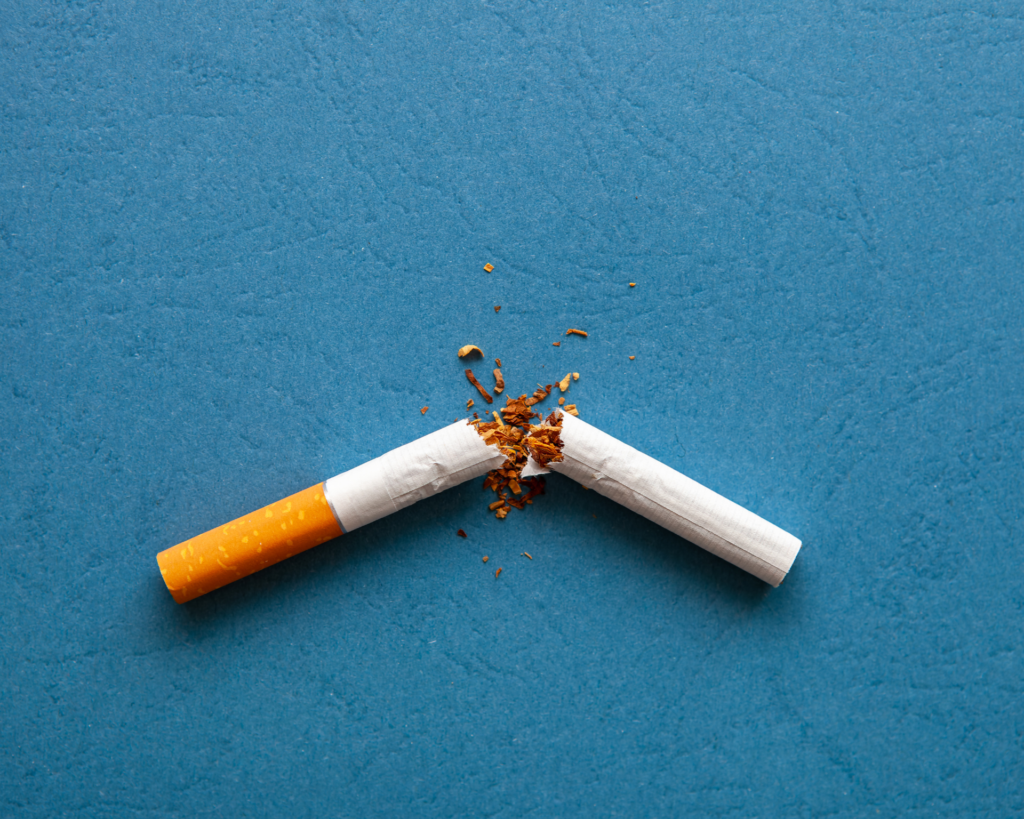College Drinkers Call for Help
Many colleges have passed medical amnesty policies that remove potential punishments for underage drinking if students call for medical assistance in an emergency.

Read Time: 3 minutes
Published:
It’s no secret that most college students drink, often heavily. According to the National Survey on Drug Use and Health, nearly 60% of college students report drinking within the last month, and nearly 40% report binge drinking.
Excessive drinking can lead to severe health consequences, including alcohol poisoning and even death. To mitigate these risks, many colleges have passed medical amnesty policies. These policies remove potential punishments for underage drinking if students call for medical assistance in an emergency.
A recent study published in the Journal of Adolescent Health assessed how a medical amnesty policy at Georgetown University affected calls to a college-based emergency medical services agency. According to the National Collegiate Emergency Medical Services Foundation, these agencies provide emergency medical services to college campuses and are sometimes staffed and organized by students themselves. The researchers analyzed the call data between August of 2014 and July of 2017 to assess the number of calls and the times they were made. The medical amnesty policy was implemented in August of 2014.
Calls were made earlier in the evening, and advanced life support was used less often.
Before the policy was implemented, calls typically spiked in September and October, at the start of the academic year, and in April and May at the end of the year. After the policy was implemented, the average calls per day increased in the fall semester, but remained the same in spring. (The average number of calls over the course of the academic year did not change.) Calls were made earlier in the evening, and advanced life support was used less often. The researchers suggest that more calls were being made by and for students before they became severely ill.
The researchers argue that such policies appear to alleviate student fears that calling for emergency help will lead to disciplinary action or other trouble.
Medical amnesty policies have been implemented at colleges across the country, from Georgetown University to the University of Mississippi to the University of California, Davis.
More campuses across the country are trying to pass these policies as diverse organizations push for passage of medical amnesty policies on both a college and state level. Students for Sensible Drug Policy is an international organization that grades campuses based on specific policies related to drug and alcohol use. Medical amnesty policies earn campuses the highest score on their list. The Medical Amnesty Initiative focuses on passing these laws at the state level to apply to the widest variety of colleges and universities.
Feature image: Cebolla4/iStock



